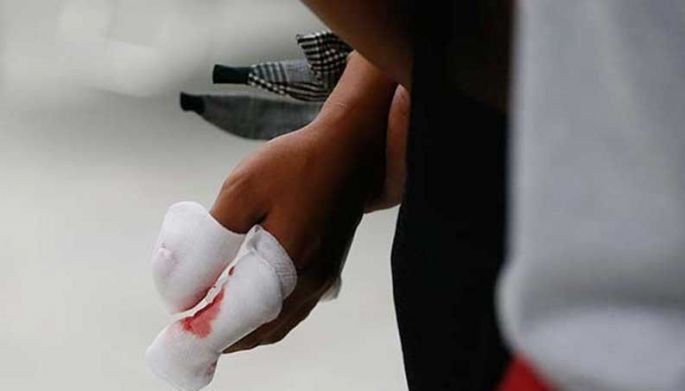Remulla, prison reform expert aim to improve correctional system in Philippines

MANILA, Philippines — Justice Secretary Jesus Crispin “Boying” Remulla met with a prison reform expert to improve the corrections system in the Philippines, the agency said Thursday.
Remulla met with Prof. Raymund Narag, a former detainee turned international criminology expert, said Atty. Nico Clavano from the Office of Justice Secretary.
“It is uncertain in what capacity Prof. Narag will come in as but the two shared opinions and compared notes on the changes they seek to make,” Clavano said. No other details were provided.
Narag, who has conducted extensive studies on the country’s justice system, was detained in the congested Quezon City Jail from 1995 to 2002 after he, along with 10 other frat men, was charged with murder over the death of a student from a rival fraternity.
Narag was acquitted and released in 2002 after a court found him to be wrongly accused.
He is currently an associate professor in the Southern Illinois University. His research interest “delves on understanding community-based processes that mitigate the proliferation of crime and delinquency,” according to SIU’s website.
Narag’s other research focus includes criminal victimization, youth violence, and correctional administration.
Inhumane conditions
In a 2021 report on human rights practices in the Philippines, the US State Department said the prison conditions in the Philippines are “harsh and life-threatening.”
Extreme overcrowding, poor sanitation, inadequate ventilation, lack of access to adequate nutrition and potable water, lack of lower access to quality healthcare services, and physical and sexual violence are among the inhumane conditions that people deprived of liberty in the Philippines must endure.
The COVID-19 pandemic has exacerbated these conditions.
The Bureau of Corrections manages prisons for convicts sentenced to more than three years, while the Bureau of Jail Management and Penology is tasked with facilities for those serving sentences shorter than three years and those undergoing trial.
- Latest
- Trending































